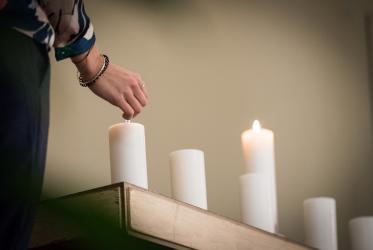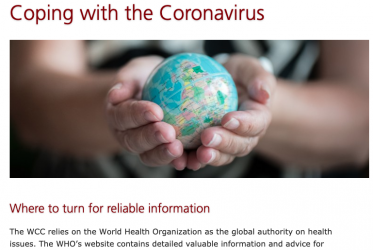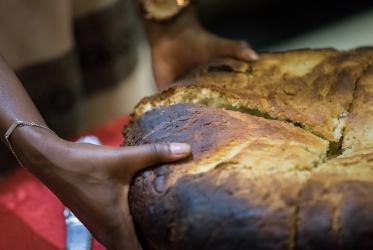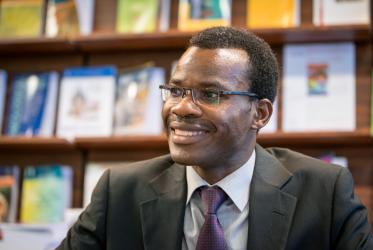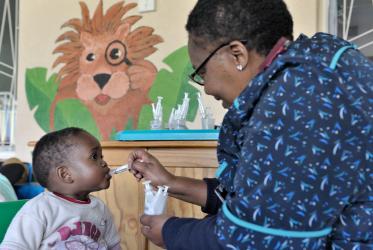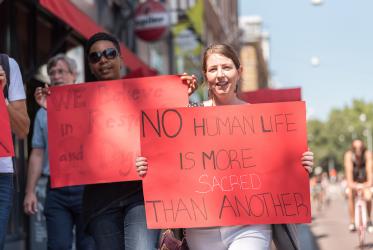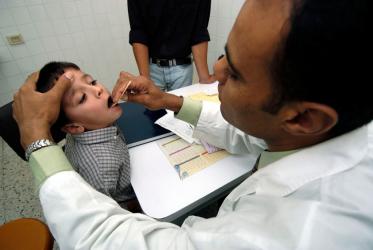Displaying 61 - 80 of 104
The essential role of crisis communication
19 March 2020
WCC webpage available on ‘Coping with the Coronavirus’
18 March 2020
Faith communities vital in overcoming hunger
18 March 2020
WCC staff appointed to WHO Civil Society Working Group on NCDs
28 November 2019
WCC supports health and wellness in Africa
27 August 2019
Dealing with traumas and healing of wounds
04 June 2019
Faith and HIV treatment go hand in hand
06 March 2019
Turning mercy and compassion into action
04 March 2019
On the journey to HIV – bridging gaps, debunking myths
21 February 2019
Dialogue addresses improving HIV testing and treatment for children
10 December 2018
Dr Cecile De Sweemer, the doer of God
30 November 2018
WCC executive committee tackles public issues
07 November 2018
Don’t give up the vision of health care for all! urges WCC
07 November 2018
What difference does dressing in black make?
02 August 2018
